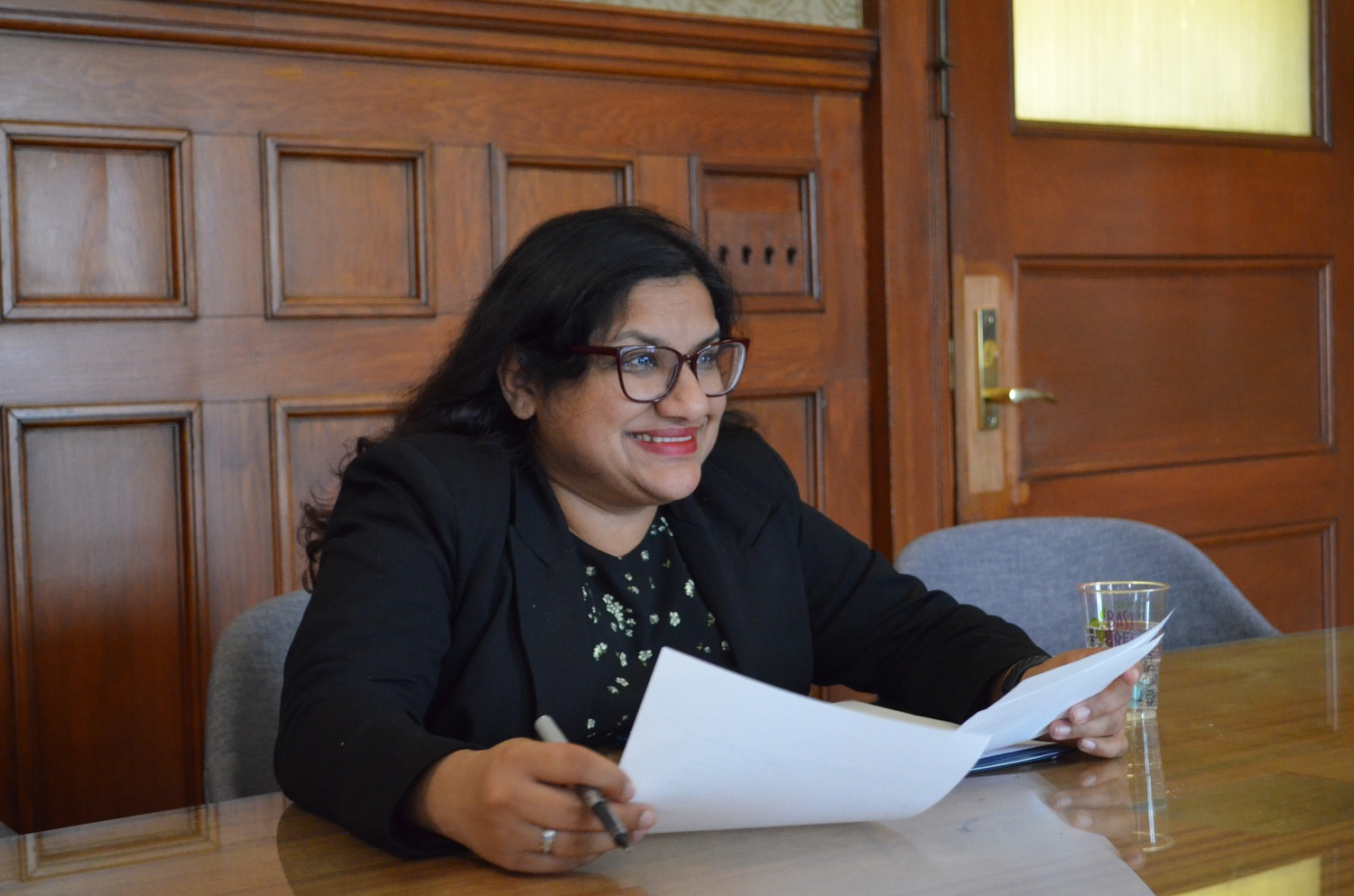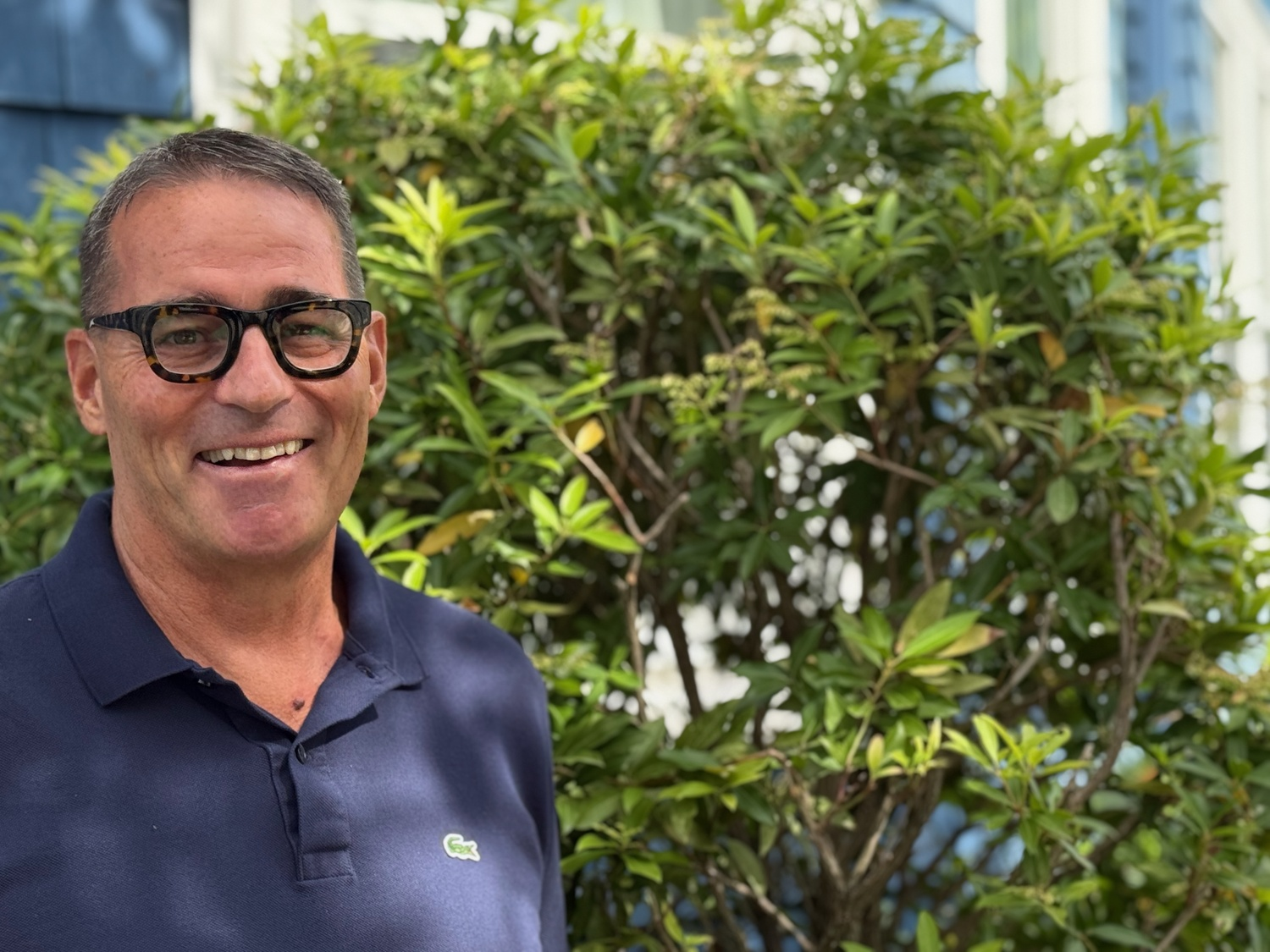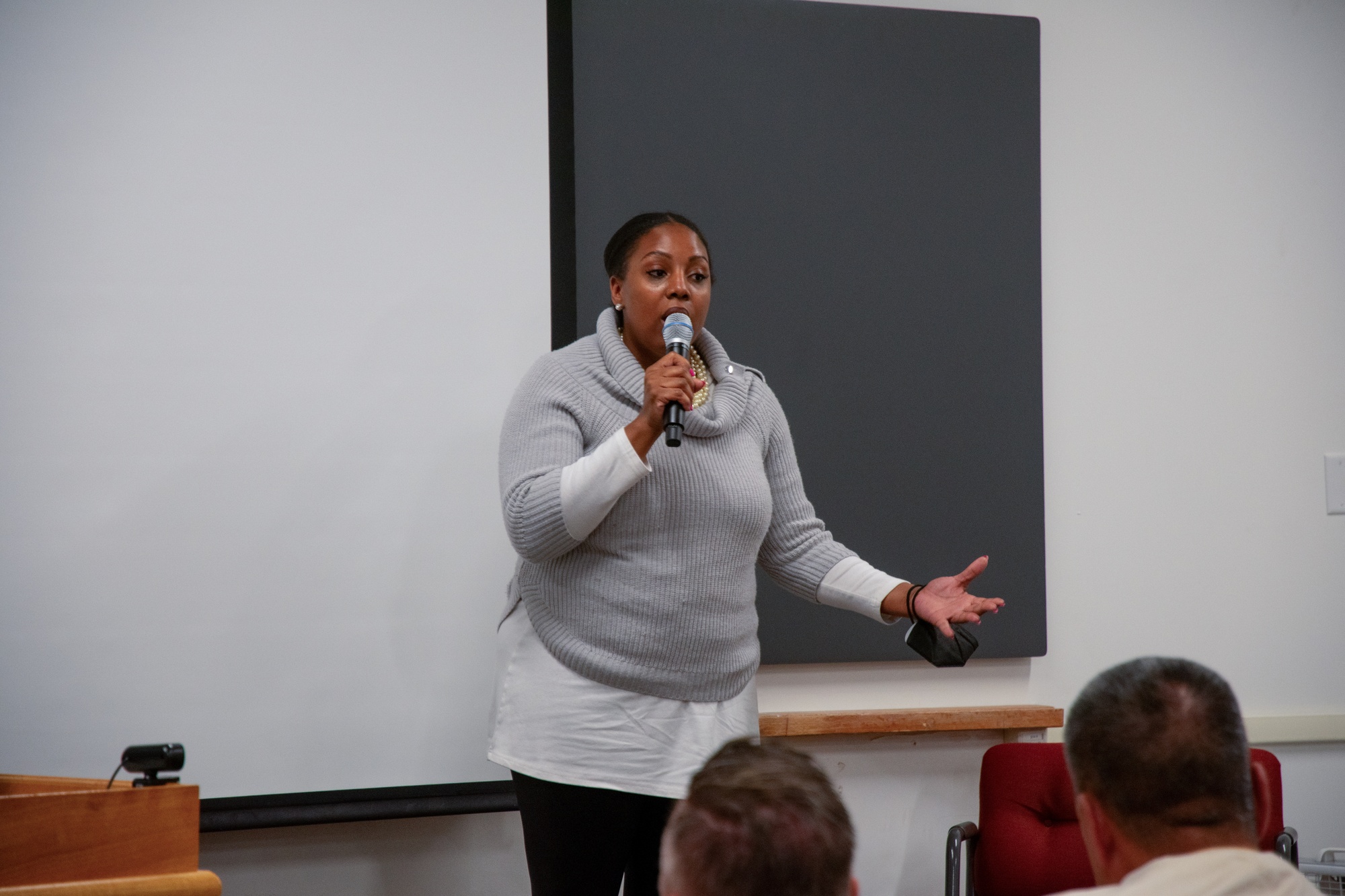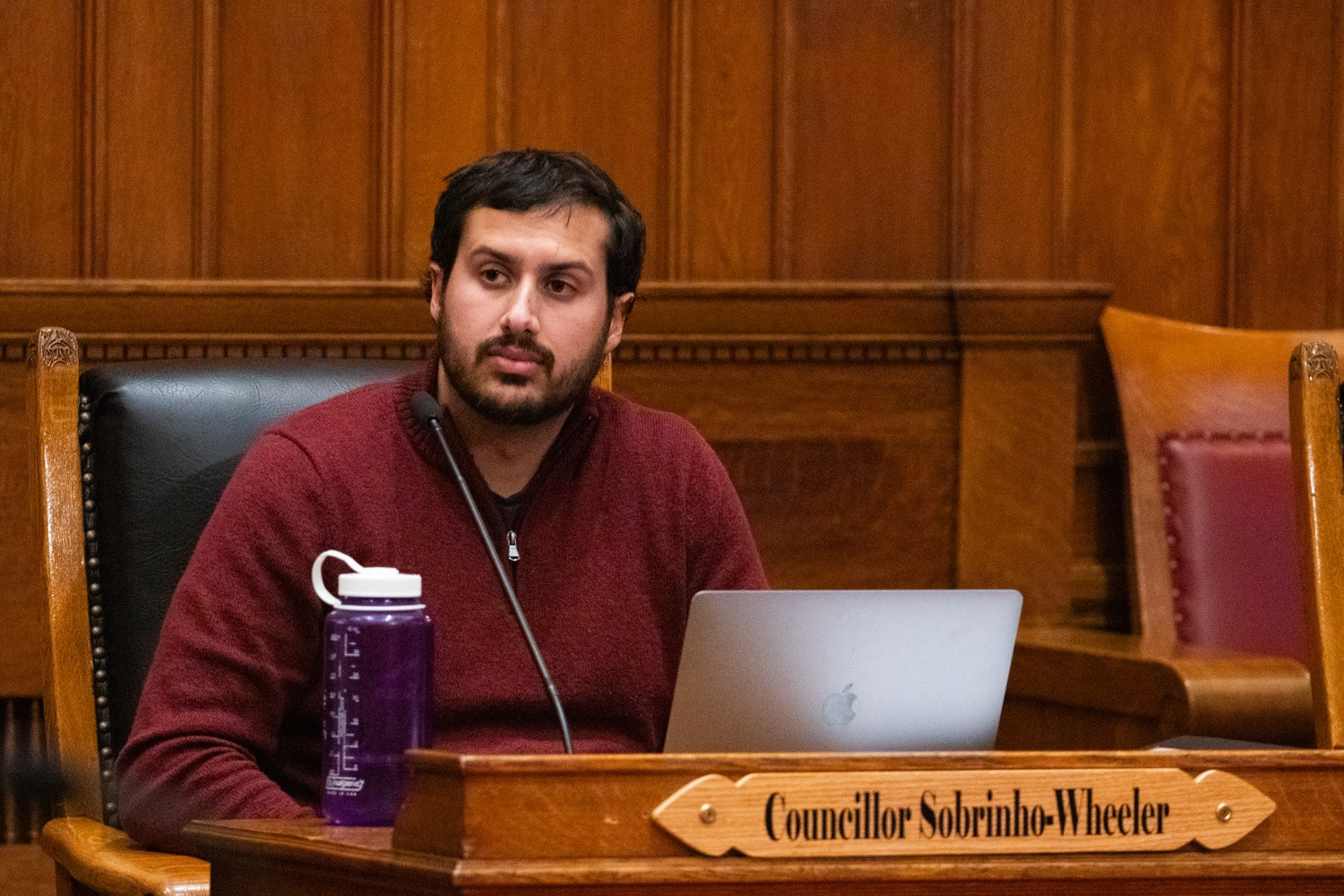Vision
If you could only execute one project during your time as City Councilor what would it be?
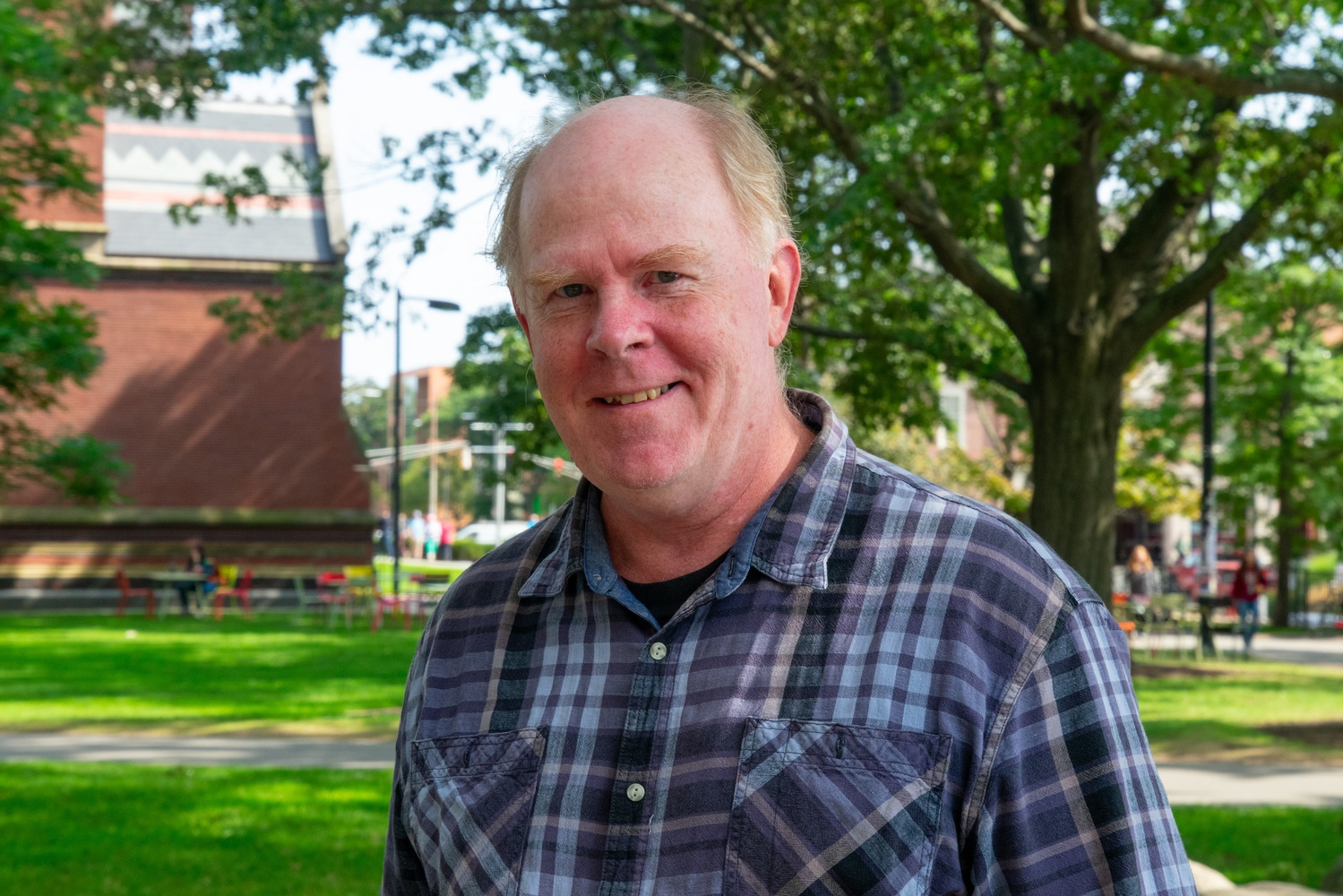
Robert Winters
Full profile →Rejuvenation of Central Square
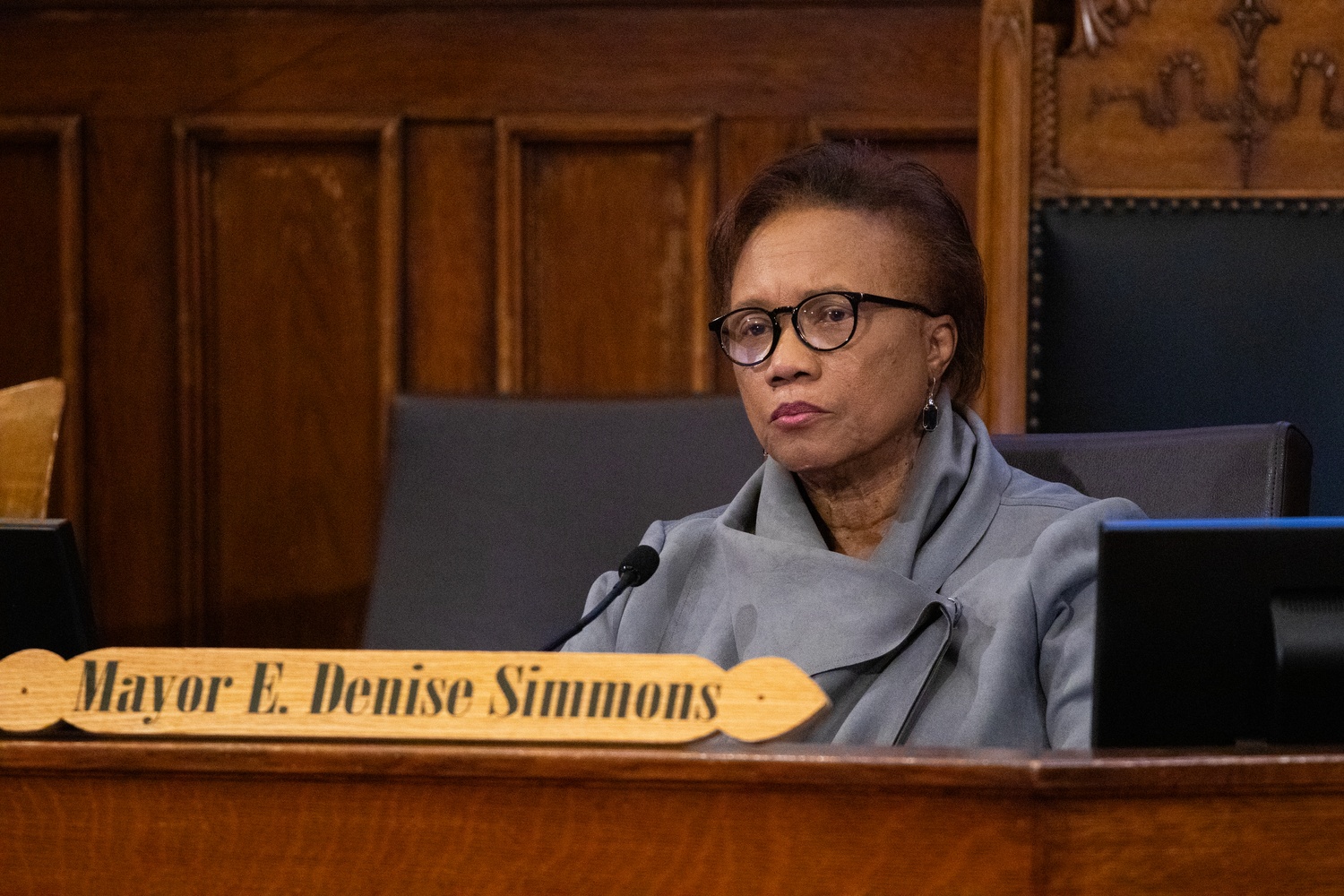
E. Denise Simmons
Full profile →I would like to see a citywide overhaul of how we go about our community engagement process - I would like to compel a more thoughtful, more deliberate effort consistent across all City departments that seeks to meet people where they are, bring them into the process, and truly strive to solicit input from the largest possible swath of our resident.
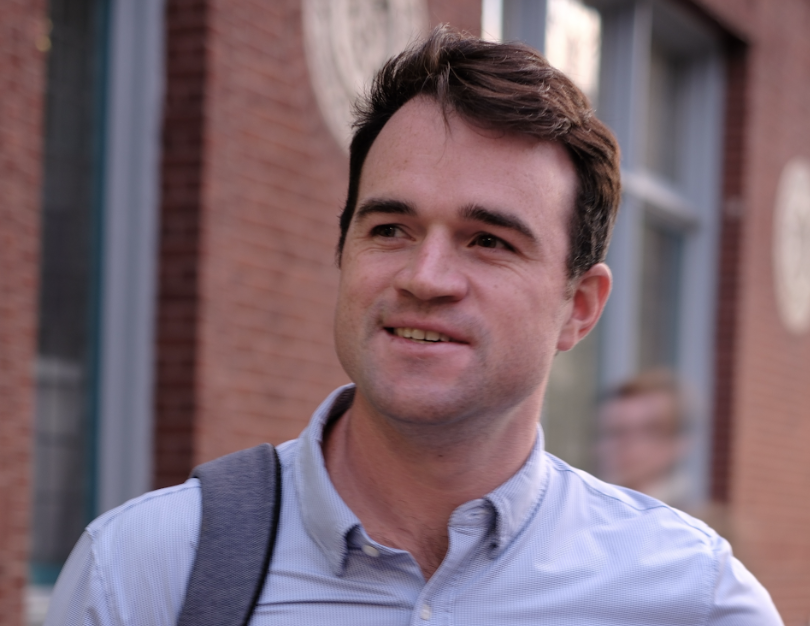
Ned S. Melanson
Full profile →Study an automated metro line (an urban train line separated from car traffic) that could be constructed in Cambridge; potentially along the Grand Junction line, and began it's development and implementation.
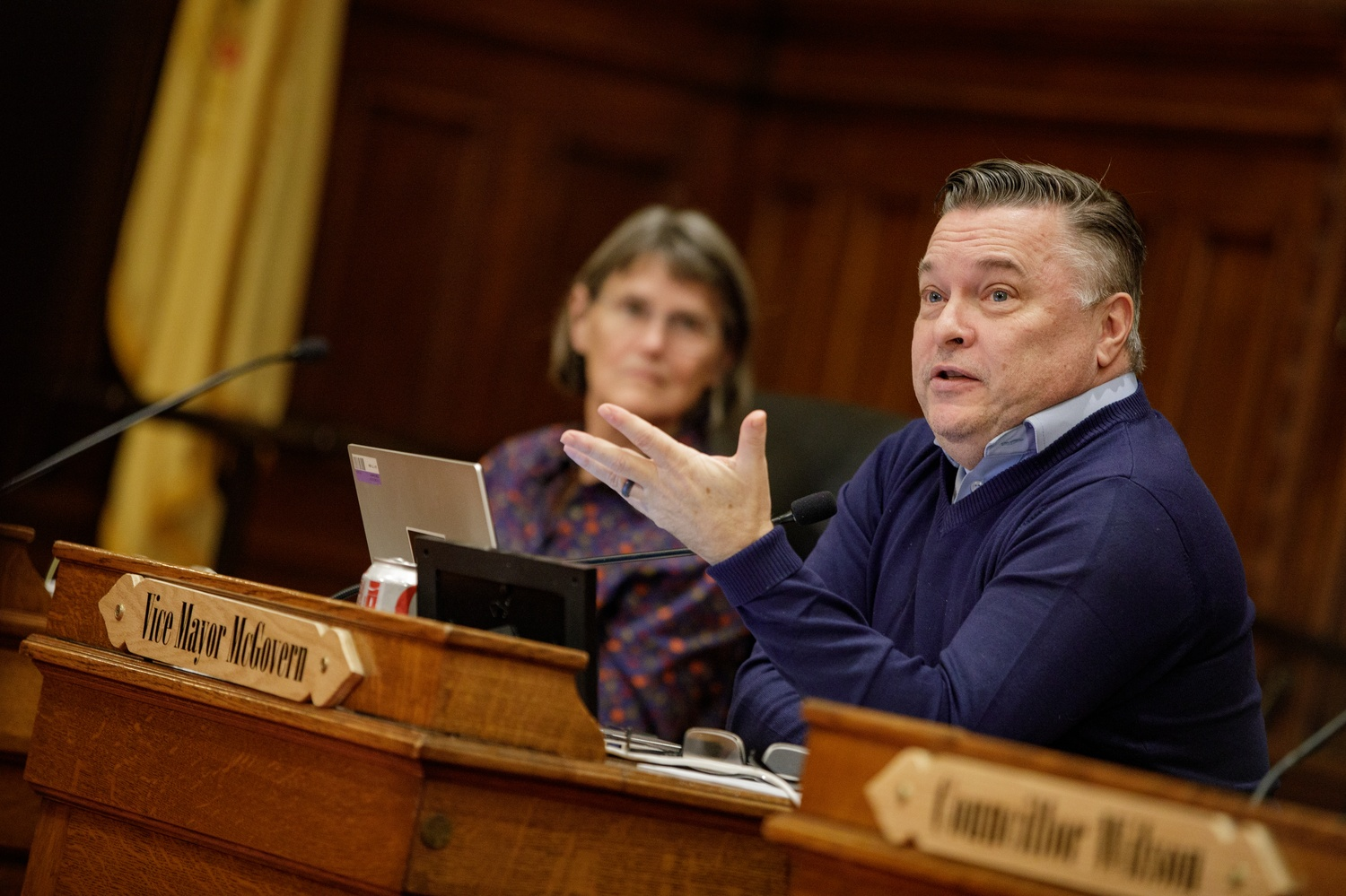
Marc C. McGovern
Full profile →Make housing affordable.
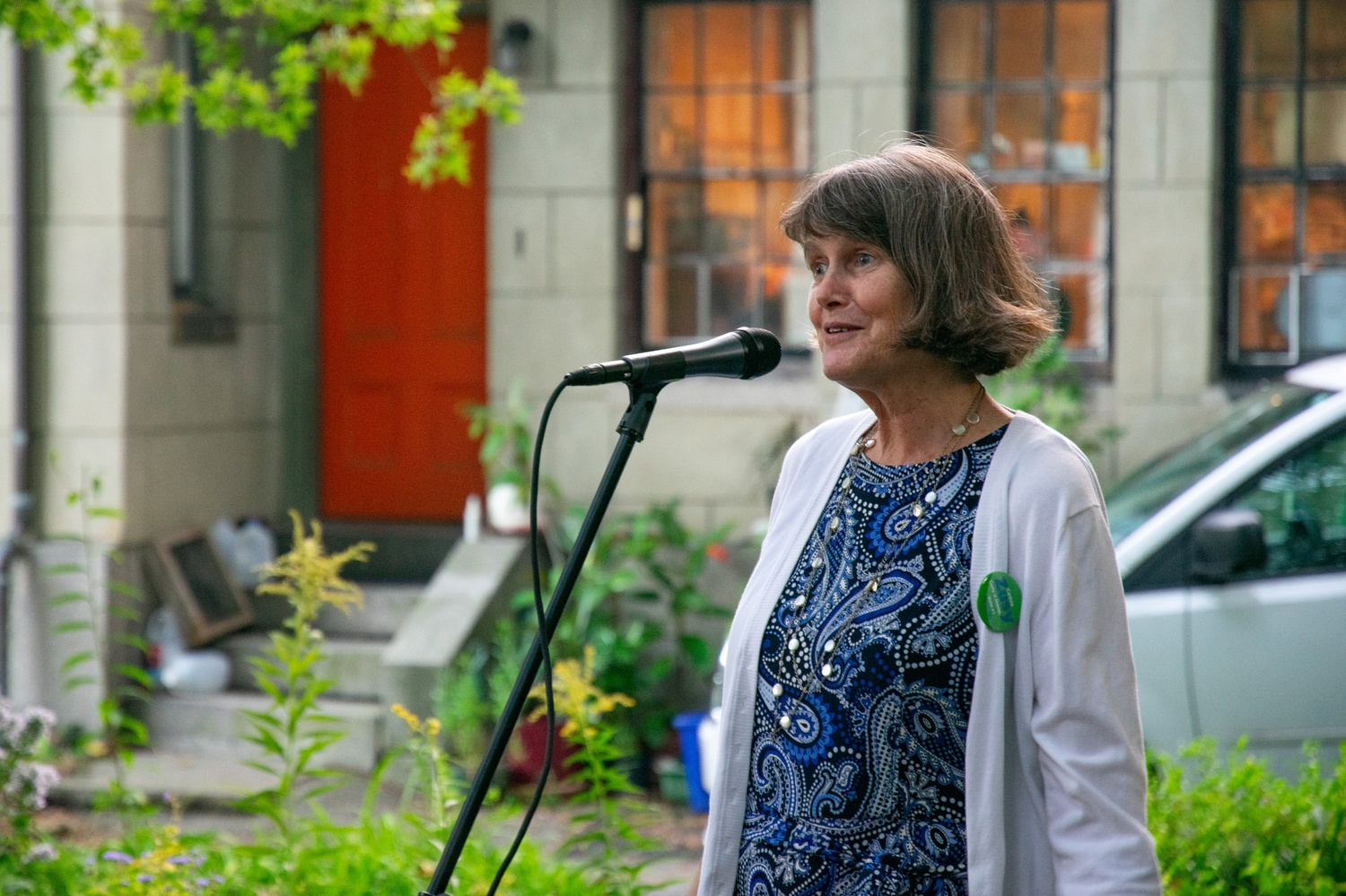
Catherine Zusy
Full profile →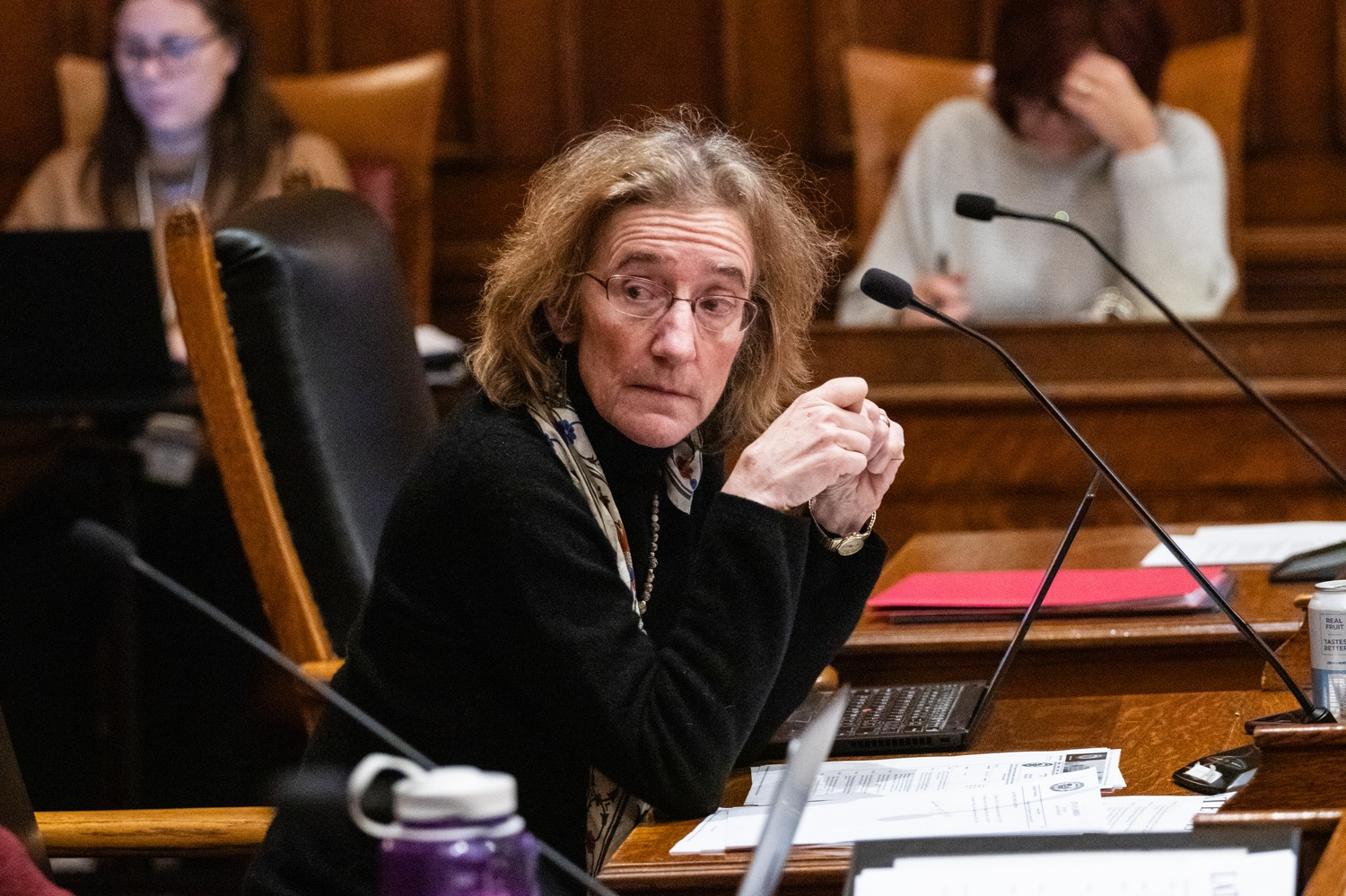
Patricia M. Nolan
Full profile →Implement the plan I've put forth for a free, frequent, reliable citywide shuttle running 6 am - midnight across the city, in place of the many disparate shuttles currently running - which means the cost would be the same as is currently being spent collectively.
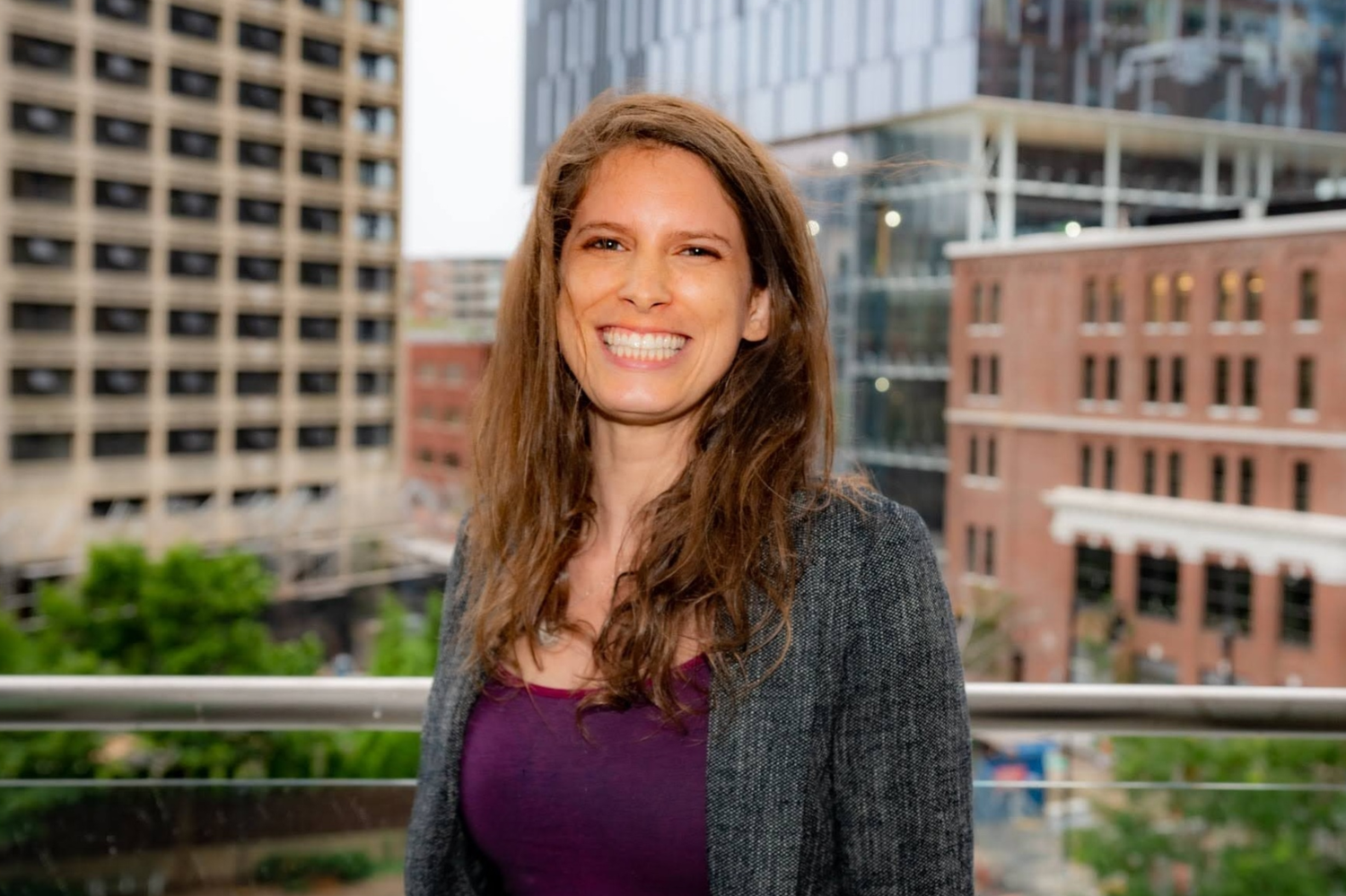
Dana R. Bullister
Full profile →I would push forward our city's exploration of a land value tax structure, a woefully unexplored progressive policy that can address a core flaw in our housing system and result in (1) lower tax burden on small-scale, individual resident owners, (2) greater affordability and stability for renters, (3) steep penalties for "parking money" in underused real estate like vacant lots and empty storefronts by investors, (4) less sprawl and more infill, (5) reduced inequality, and (6) more walkable, environmentally sustainable neighborhoods.
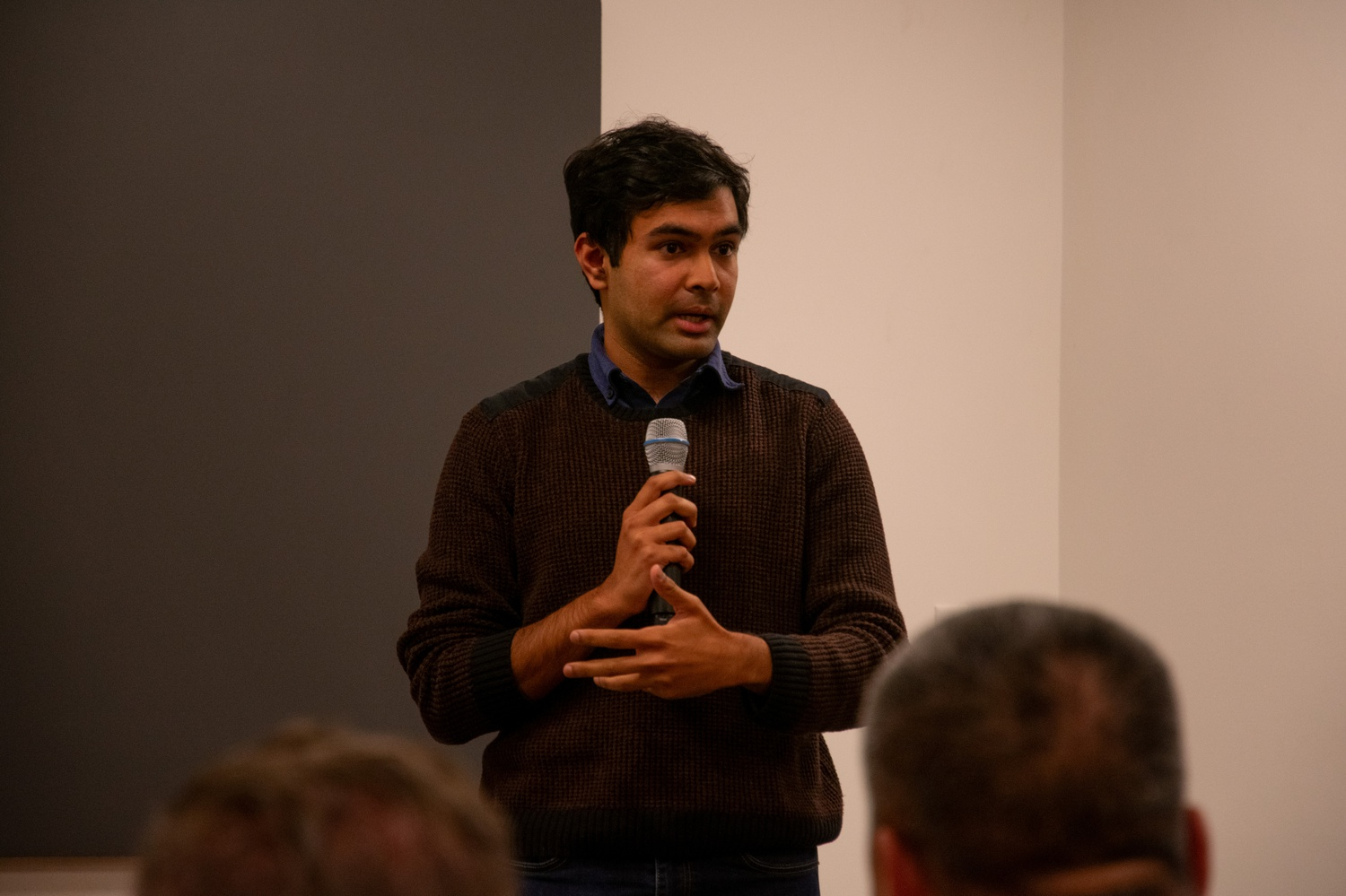
Burhan Azeem
Full profile →Housing is the biggest cost for everyone — we need more housing of all types.

Peter Hsu
Full profile →Improve a triad of homelessness, substance use issues, and mental health crises in Cambridge.
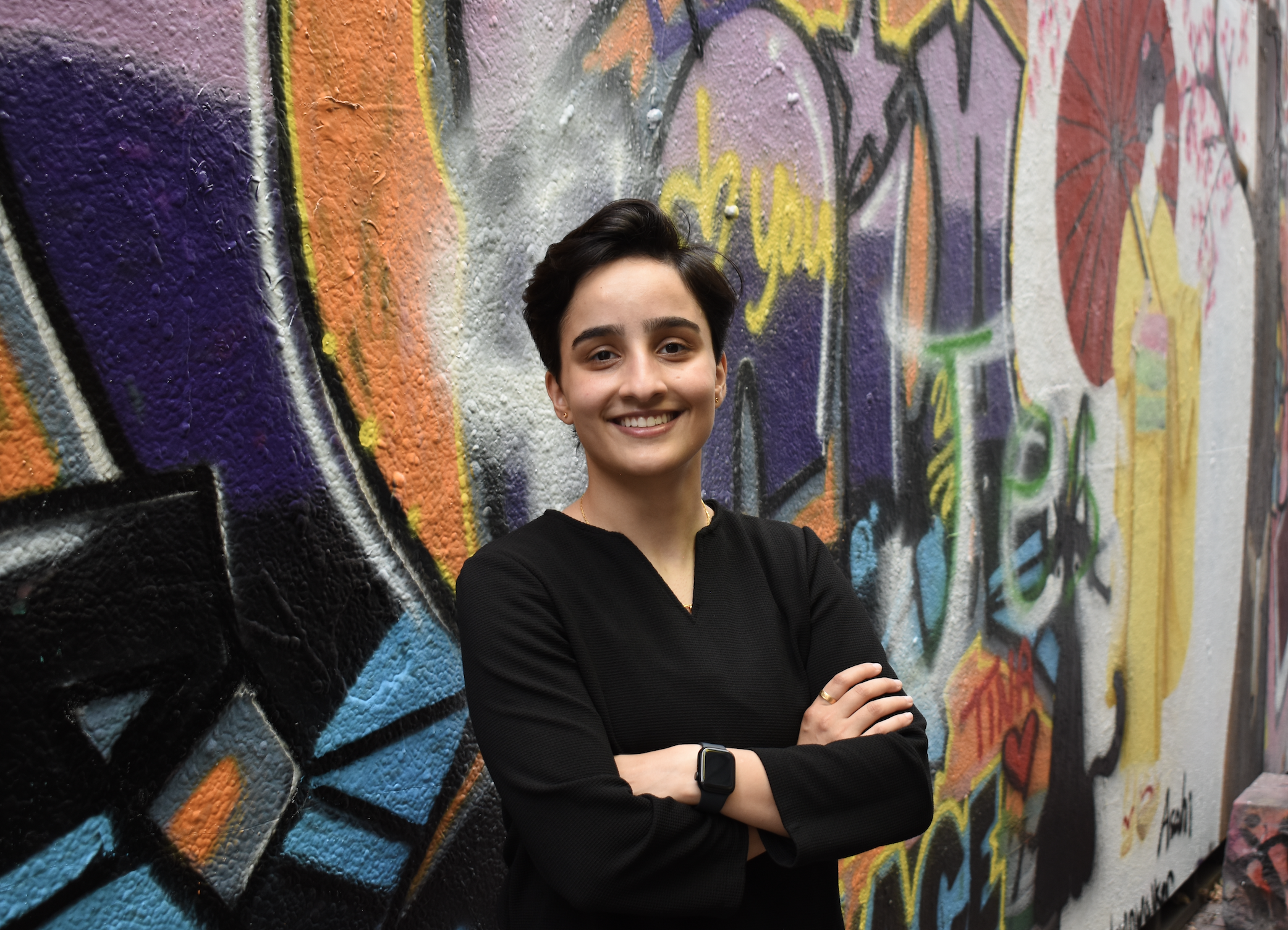
Ayah Al-Zubi
Full profile →I would pursue a social housing pilot by establishing a revolving loan fund and issuing a bond order of at least $50 million. Social housing has the potential to add hundreds of new homes across the city, including many that are deeply affordable. These projects are publicly owned, democratically controlled, and contain a mix of low-, moderate-, and market-rate units. This will ensure the sustainability of the affordability of our housing stock by leveraging government resources and not relying on real estate developers.
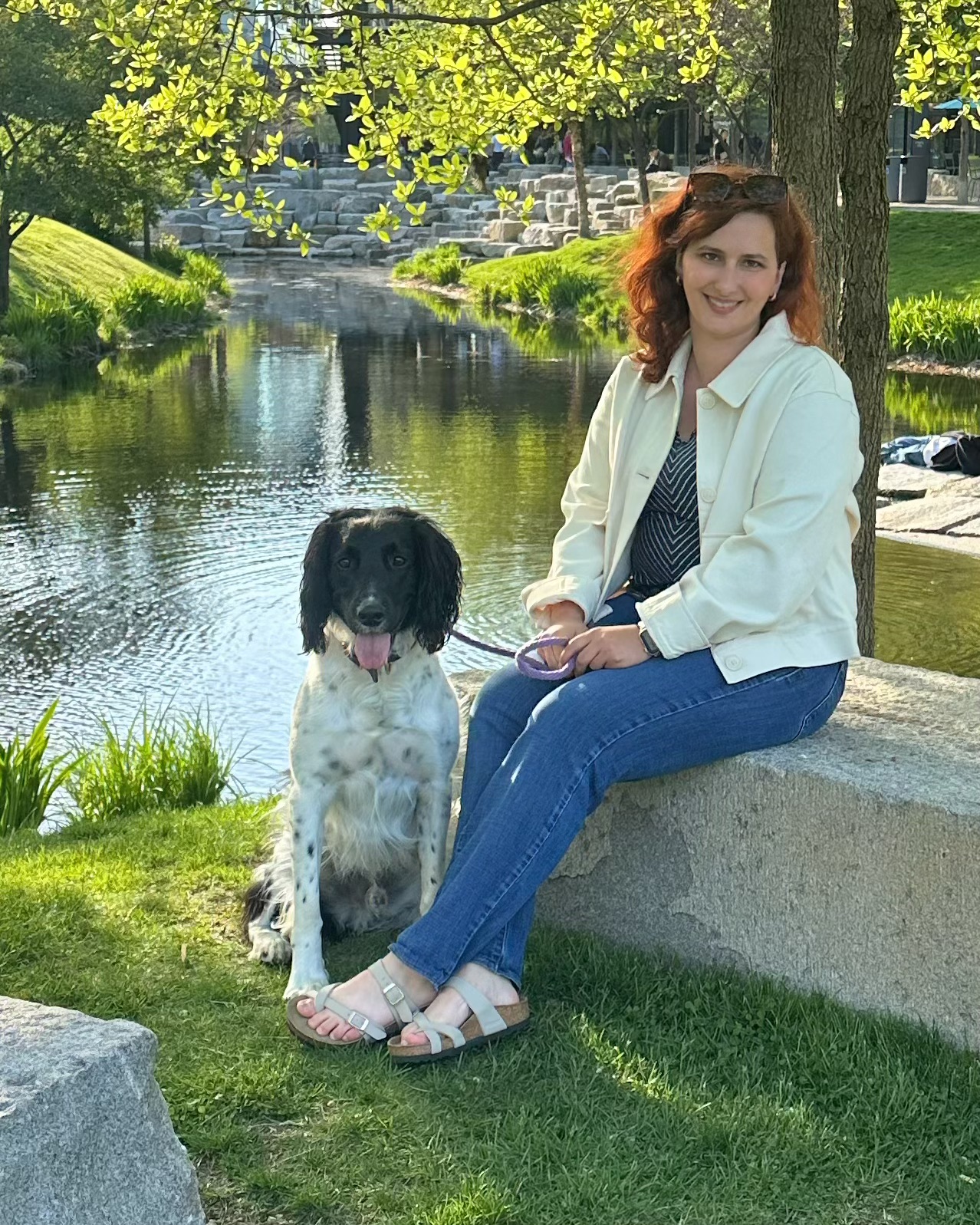
Elizabeth K. Bisio
Full profile →I would establish a citywide task force to address the homelessness and addiction crisis. This task force would bring together public health, housing, and public safety leaders to coordinate care, expand treatment access, and restore safety and dignity in our public spaces.

LaQueen A. Battle
Full profile →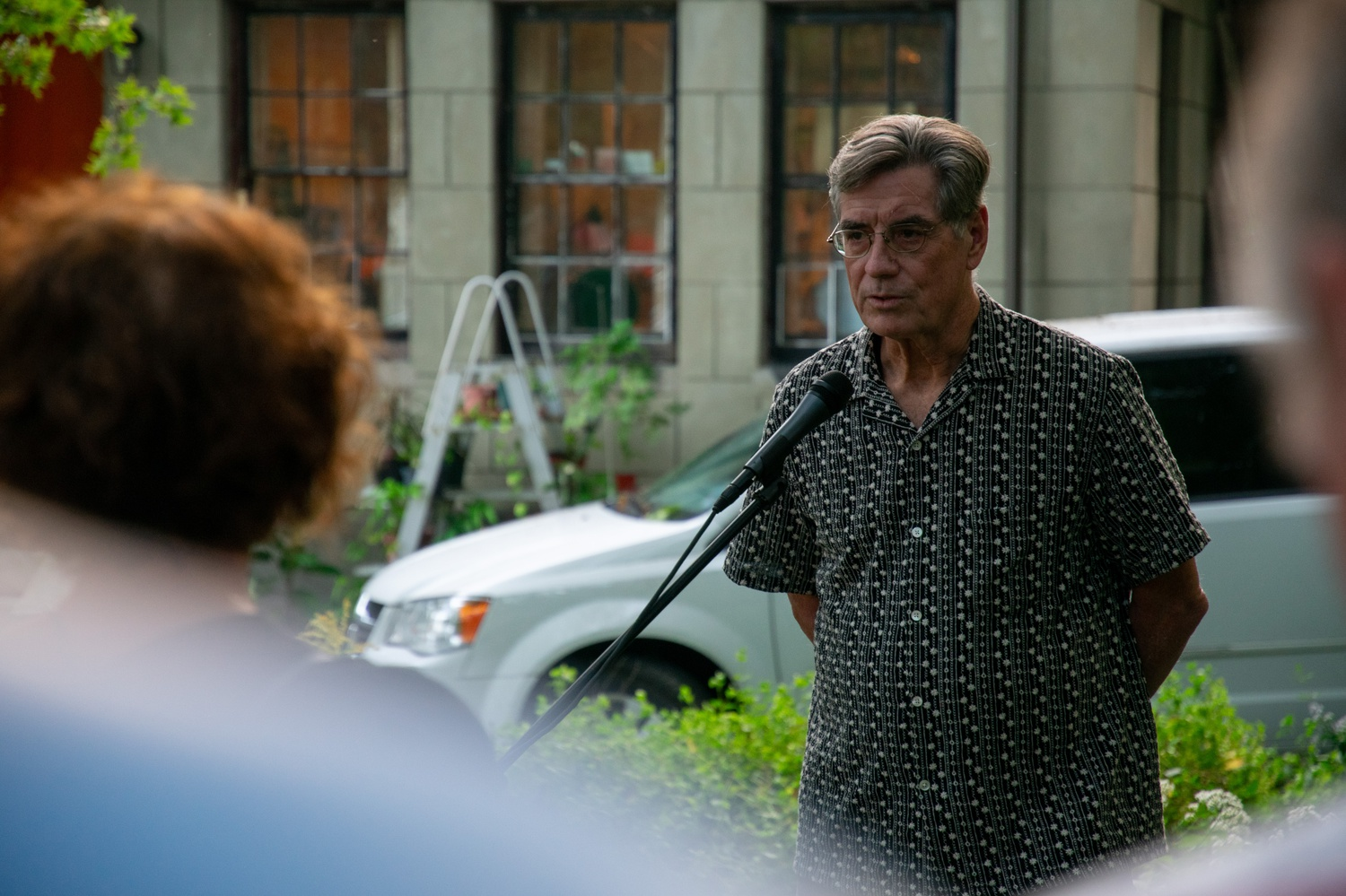
John Hanratty
Full profile →
Stanislav Rivkin
Full profile →The most important project is implementing an all-of-government response to the Trump administration, which must leverage Cambridge's unique capacity for thought leadership regarding local resistance, and include both material support for those coming under attack, and policy to protect the dignity and safety of our residents.
How do you plan to improve government accountability and transparency?

Robert Winters
Full profile →I have been doing this since 1997 via the Cambridge Civic Journal.

E. Denise Simmons
Full profile →If we can enhance our community engagement model in a way that is more consistent and broader in scope, I believe we'll have greater accountability and transparency.

Ned S. Melanson
Full profile →I would explore how we can use technology to make our public comment and participation process more democratic and streamlined; some governments have had great success with an "everything app" that connects constituents with services and allows for participation in meetings and the legislative process beyond just waiting hours to give public comment during working hours.

Marc C. McGovern
Full profile →It is very important that elected officials communicate with constituents, which is why I hold weekly office hours, produce a weekly newsletter, speak with the media and meet with people whenever it is convenient for them.

Catherine Zusy
Full profile →To continue to advocate for quarterly City Manager-led town halls and a more easily navigable City open data portal.

Patricia M. Nolan
Full profile →Build on work I've already done to increase a focus on accountability in all arenas of the council, which led to regular updates on SMART goals which are part of every plan I oversee, and a transparency in city operations and my own newsletters that are unparalleled.

Dana R. Bullister
Full profile →I plan to improve accountability and transparency through powerful core reforms such as limiting the influence of money in our elections (through programs like democracy vouchers and decreased maximum donations, as successfully implemented in places like Boulder, CO), open and equitable public processes supplemented by more accessible reporting, and an approach called "flipped lobbying" wherein the city conducts more regular, proactive outreach to residents affected by impactful policy decisions to gather more representative input from all, not just the most politically vocal.

Burhan Azeem
Full profile →In my first term, I started tracking policy orders through my office so that people could see the progress at a glance. Later, we were able to formalize the process through the city. I plan to continue implementing similar initiatives using technology to make this information accessible for everyone.

Peter Hsu
Full profile →I plan to improve government accountability and transparency by enhancing community outreach, communication with our voters and residents, public access and input to city resources, including improving our city website.

Ayah Al-Zubi
Full profile →To be able to improve accountability, we need to work on transparency. The city’s Open Meeting Portal is difficult to navigate. Anyone should be able to find the agenda or recordings with ease. We need to upgrade our software to help with this transparency and accountability. Another way would be for council meetings to be streamed on YouTube which would allow residents to find timestamps, watch at their own pace, and share clips. I would also create a public comment guide translated into multiple languages and advocate for a 311 hotline so residents can report issues and get information quickly.

Elizabeth K. Bisio
Full profile →I would like to help improve the city government accountability and transparency by connecting city outcomes to residents’ priorities through regular reporting, open data, and two-way communication that keeps progress measurable and meaningful.

LaQueen A. Battle
Full profile →Improving more communication between residents and making sure that the public fully understands what the issues are; ensuring more language translation service and community culture services in the city to help out residents in need (different religions/cultures/backgrounds/age groups)

John Hanratty
Full profile →The foundation for accountability and transparency is setting meaningful and measurable benefits (goals) with a budget for policies and ordinances. Agreeing on and measuring benefits allows residents to understand how a policy affects them. 26 miles of bike lanes citywide is not a benefit (nor is 3000 more housing units). Bike lane benefits that residents understand might include reductions in pedestrian/cyclist/scooter injuries; increases in ridership; reductions in automobile traffic congestion; and minimized impacts on business/residential parking.

Stanislav Rivkin
Full profile →The most important reform would be public financing of elections, which would tilt power back into the hands of moderate and low-income people in Cambridge rather than well-resourced interests. We also need to increase City Council's analytical resources (by hiring specialized staff), so it can independently evaluate and oversee city policy and finances without reliance on interest groups or city staff for impartial assessment. We also need mandatory responses to public comment, term limits, and more.
